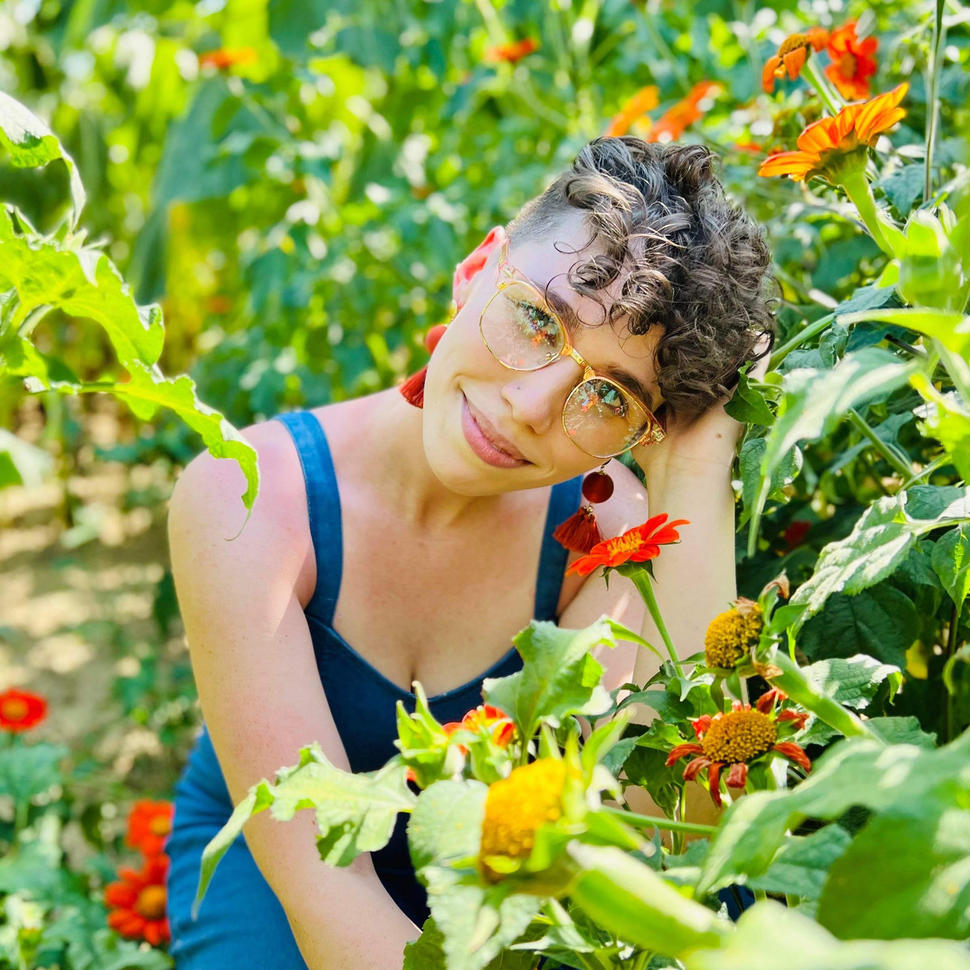Hailey
- Master of Public Health Candidate, University of Michigan
- Founding Board President, Escape Adolescent and Young Adult (AYA) Cancer
At 16, Hailey was diagnosed with Hodgkin lymphoma. She found herself disconnected from friends, falling behind in school, and dealing with a challenging medical system.
Coming out as queer at 19 added to Hailey’s isolation. They’ve experienced sexual orientation and gender identity (SOGI)–based discrimination in medical settings, giving them pause when asked to share SOGI data. But when collected and disseminated with sensitivity, Hailey believes these data provide context about the unique needs of the LGBTQIA+ AYA cancer community.
“Data sharing could create greater safety and belonging in AYA support because the resources would be informed by people who plan to use them,” Hailey said.
CCDI aims to enable access to deidentified treatment data—which may include gender identity, sexual orientation, race, and ethnicity—potentially revealing how doctors can personalize care. But Hailey stressed that researchers using these data must be invested in creating equity and remain informed on policies affecting underserved communities.
